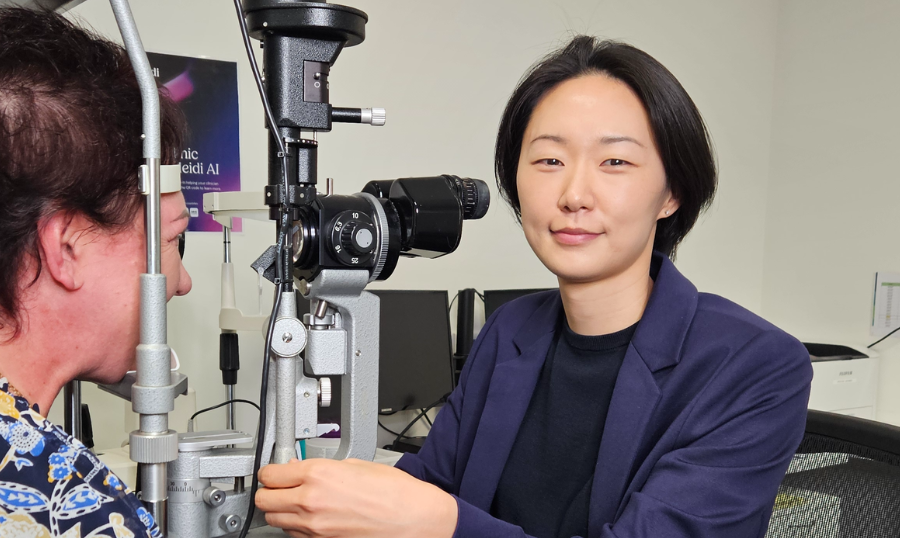Auckland Eye Welcomes Cornea and Anterior Segment Specialist Dr Bia Kim
Auckland Eye is pleased to welcome Dr Bia Kim, a highly trained Cornea and Anterior Segment Specialist, to our team.

This test, to measure the quality of your tears and the health of your meibomian glands, is part of comprehensive assessment that patients will receive during their first appointment at Auckland Eye’s Dry Eye Spa. Also, we may take a tiny sample of your tears using a Tearlab machine in order to measure your tear osmolarity (the saltiness of your tears), as well as measuring amount of water your tear glands are producing.
We can then determine the likely cause of your Dry Eye and you will be provided with a tailored treatment plan. During your treatment you will have access to proven, state-of-the-art dry eye technology, including LipiFlow®, Lu menis Optima IPL and AB Max, and your treatment will be provided by our expertly trained clinical team.
Please call 0800 25 53 93 to book an assessment.

Auckland Eye is pleased to welcome Dr Bia Kim, a highly trained Cornea and Anterior Segment Specialist, to our team.

Discover how Auckland Eye is redefining inclusive healthcare by launching New Zealand’s first assistive website toolbar.

Macular degeneration is a leading cause of vision loss in older adults. There’s no cure, but its progression can be slowed. Here’s what to know.